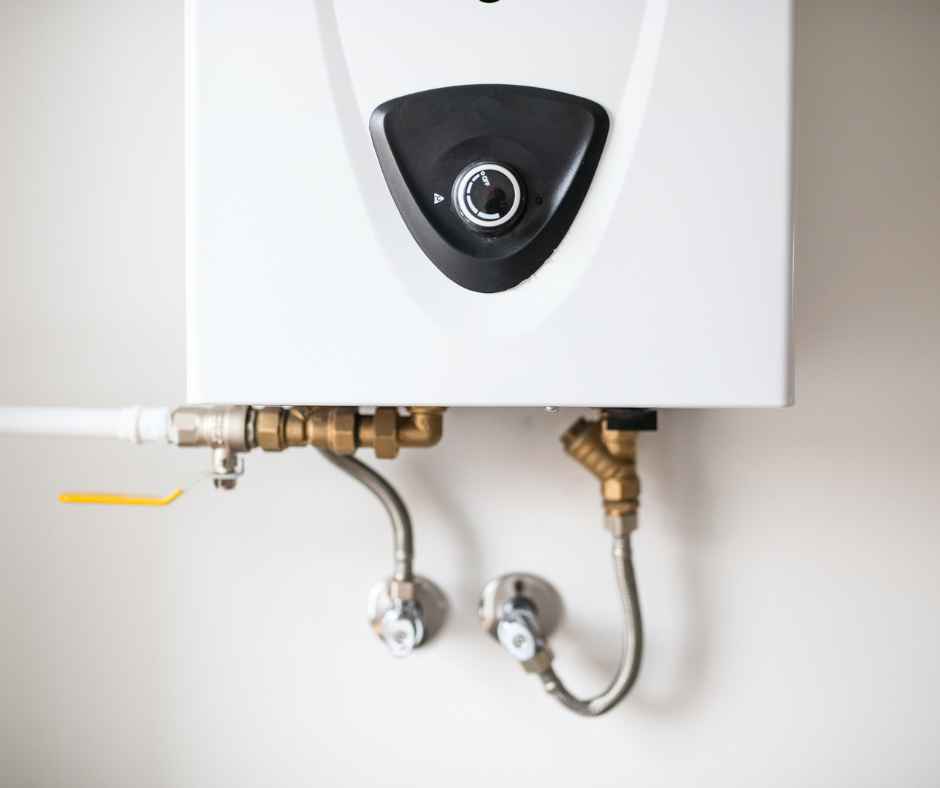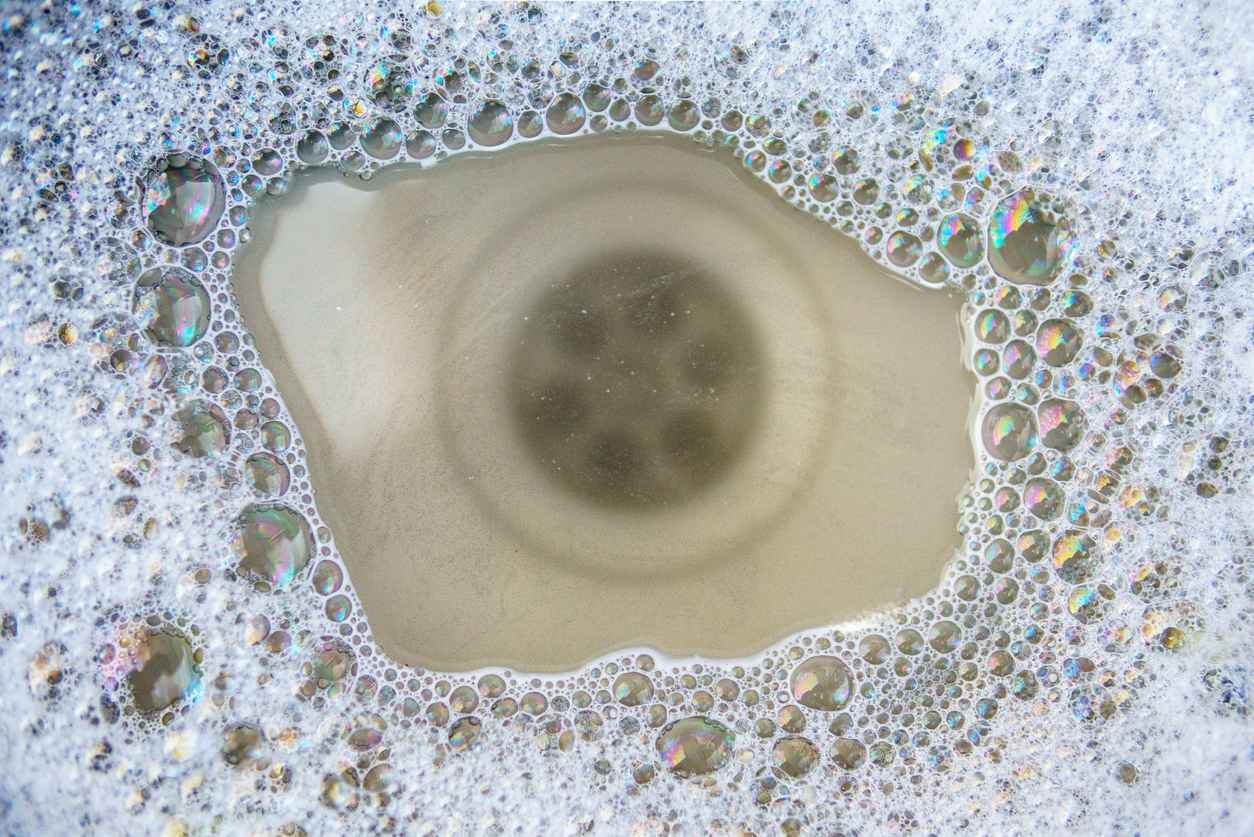When it comes time to clean up, it’s tempting to put leftover food scraps and other household waste down your sink.
But it’s only a matter of time before last night’s dinner leftovers clog your drains and lead to costly repairs. Left for too long, clogged drains can increase pressure inside pipes, which can then crack or burst.
Protecting your home’s plumbing system will prevent drain blockage and save you money in the long run.
Find out what you should never dump down the drain to avoid a drain clog here.
Butter and Margarine
If you enjoy baking, you’ll know how important it is to have a stick of butter on hand. However, the last thing you should do is wash some of the leftover butter down the drain.
Butter is notoriously difficult to remove and will liquefy when warm. When melted, butter and margarine can thicken and build up over time, creating water-resistant barriers.
Fats, Oils, and Grease
Fat, oils, and grease are a major no-no when pouring them down the drain. Like butter, FOGs quickly solidify once the temperature drops. Eventually, they will harden and block other things from going down the drain.
To safely dispose of oil, let it cool completely, then seal in a container and toss it in the trash.
Eggshells
The odd eggshell isn’t going to wreak havoc, but a steady flow of shells will do more harm than good. Eggshells are hard on disposal blades, and the shell membranes can wrap around the grinding device.
Although they look innocent, eggshells are mildly abrasive and will stick to any grime in the pipe and create a clog.
Coffee Grounds
While a cup of coffee down the sink is okay, coffee grounds are not. Coffee grounds do not break down in the water. Instead, they clump together and build up inside your sink drains, creating clogs.
The easiest way to dispose of coffee grounds is in the trash or use them as a fertilizer for your garden.
Paint
Although some liquids are okay to pour down the drain, paint isn’t one of them. While small amounts won’t derail your plumbing system, this shouldn’t be a habit to get into. Paint – water and oil-based – contains a slew of toxins that can end up in the water supply.
The best option for disposal is an appropriate disposal or drop-off center. Many collection centers can collect and recycle your paint waste.
Condoms
Condoms should never be flushed down the toilet. Latex does not break down or soften in water and can clog up your plumbing system, especially if you do it more than once.
Wrap it up in tissue paper and dispose of it in the trash.
Flushable Wipes
Contrary to their namesake, flushable wipes are not safe to flush down the drain. They’re not safe for your plumbing or the environment. The truth is flushable wipes do not break down like toilet paper.
Your clogged drain or sink may also affect other areas of your home and plumbing line. Even if the company claims the wipes are “biodegradable,” avoid flushing them.
Medication
While there is no real risk to your plumbing, disposing of medication down the sink is an environmental hazard. Medication flushed down the drain can contaminate lakes and streams, putting fish and other aquatic wildlife at risk.
The EPA suggests returning unwanted or expired medication to a drug take-back program. If you do not have a program in your local area, medicines can be thrown into household trash.
Rice
When you cook rice, it swells and clumps together. Well, the same can happen in your pipes. Uncooked rice down the drain can get caught in your pipes and absorb water.
The rice can gum up the pipes as it expands. Instead, dispose of your rice in the trash, compost it, or put it in a wormery.
Produce Stickers
Produce stickers are annoying, but it doesn’t mean they should go down the drain. As tempting as it is, your produce stickers are not water-soluble and aren’t compostable. When left on items, produce stickers often fall off when washing your fruit and vegetables.
One sticker isn’t going to destroy your system but get into the habit of checking for stickers before you wash your produce. And when you do peel them off, the best place for these suckers is in the trash.
Kitty Litter
If you flush kitty litter down the toilet, it can swell up and block sewer pipes. Cat litters – clay and silica-based – are designed to absorb urine and expand. While you might not notice a clog after the first flush, you most likely will after the second.
While there are flushable varieties of cat litter, the EPA points out that the bacteria in cat waste can harm the ecosystem and wildlife when flushed into the system.
Feminine Hygiene Products
Tampons and other menstrual products are made of absorptive materials. When flushed, they never break down and can damage your septic system. As they take up space in your tank, they can cause raised liquid levels and drain blockages.
Feminine hygiene products should be wrapped up and disposed of in the household waste.
Clogged Drains? We Can Help
Even with the best intentions, sometimes there’s no escaping clogged drains. For many mild cases, you can simply use a liquid drain clog remover or get out your trusty plunger.
However, this is often a band-aid solution that doesn’t address the root cause. To improve the function of your plumbing system, you should consider investing in annual drain maintenance.
At Jolly Plumbing, we know how to clear a clogged drain and prevent costly repairs. Our 24/7 professional drain cleaning services in Cincinnati and Northern Kentucky can extend the life of your pipes and improve their function.
Say goodbye to your clogged sink drain!
Contact us to schedule your appointment today.





